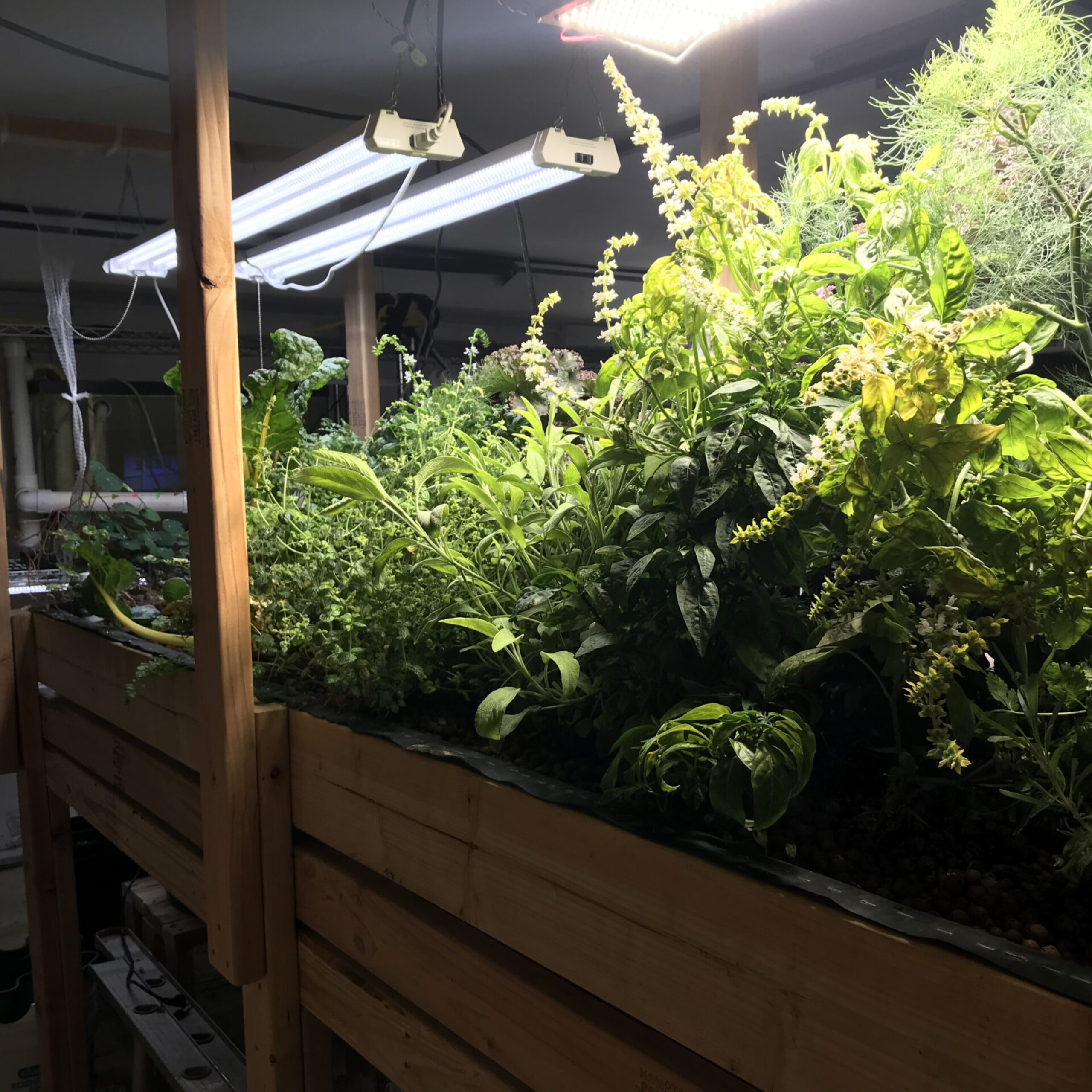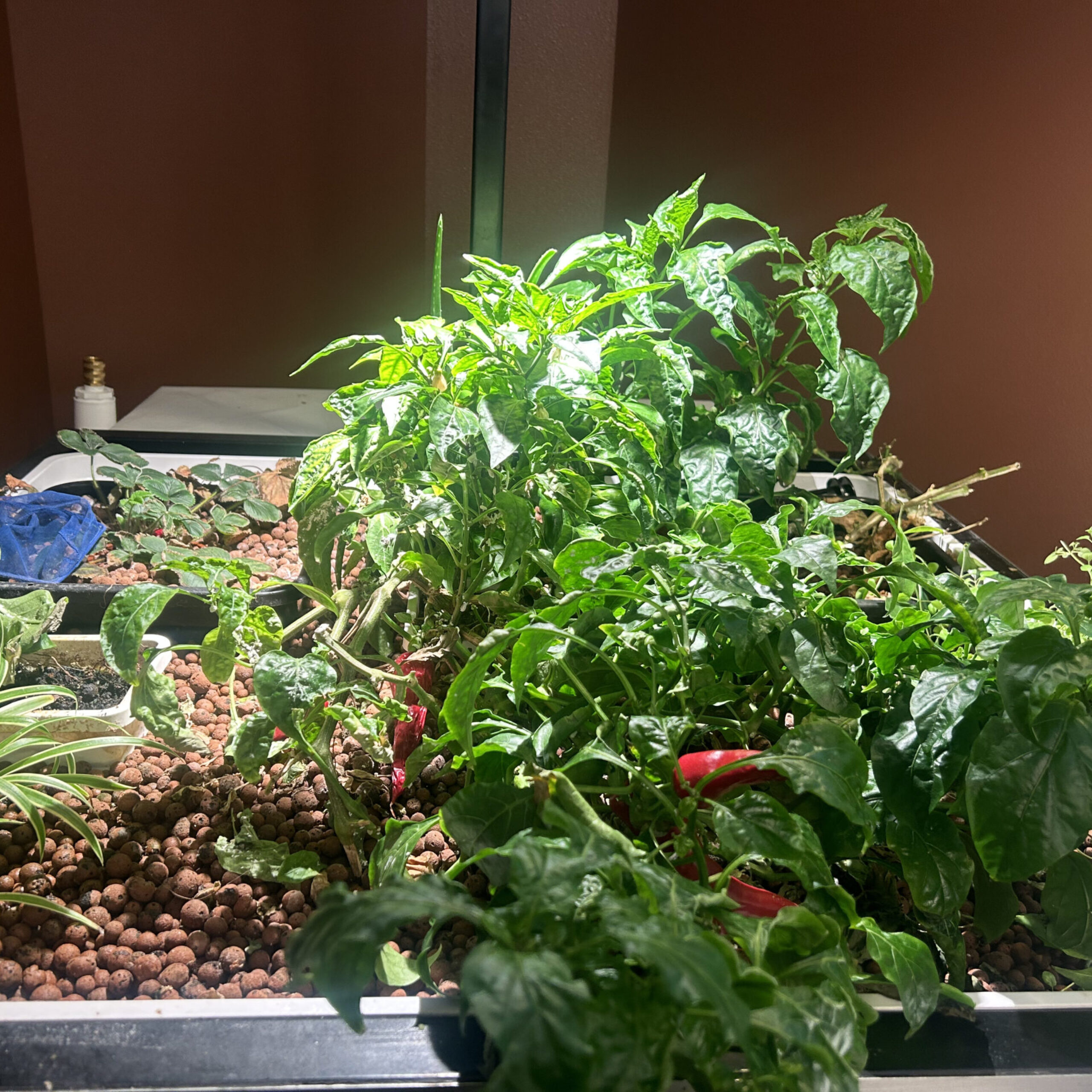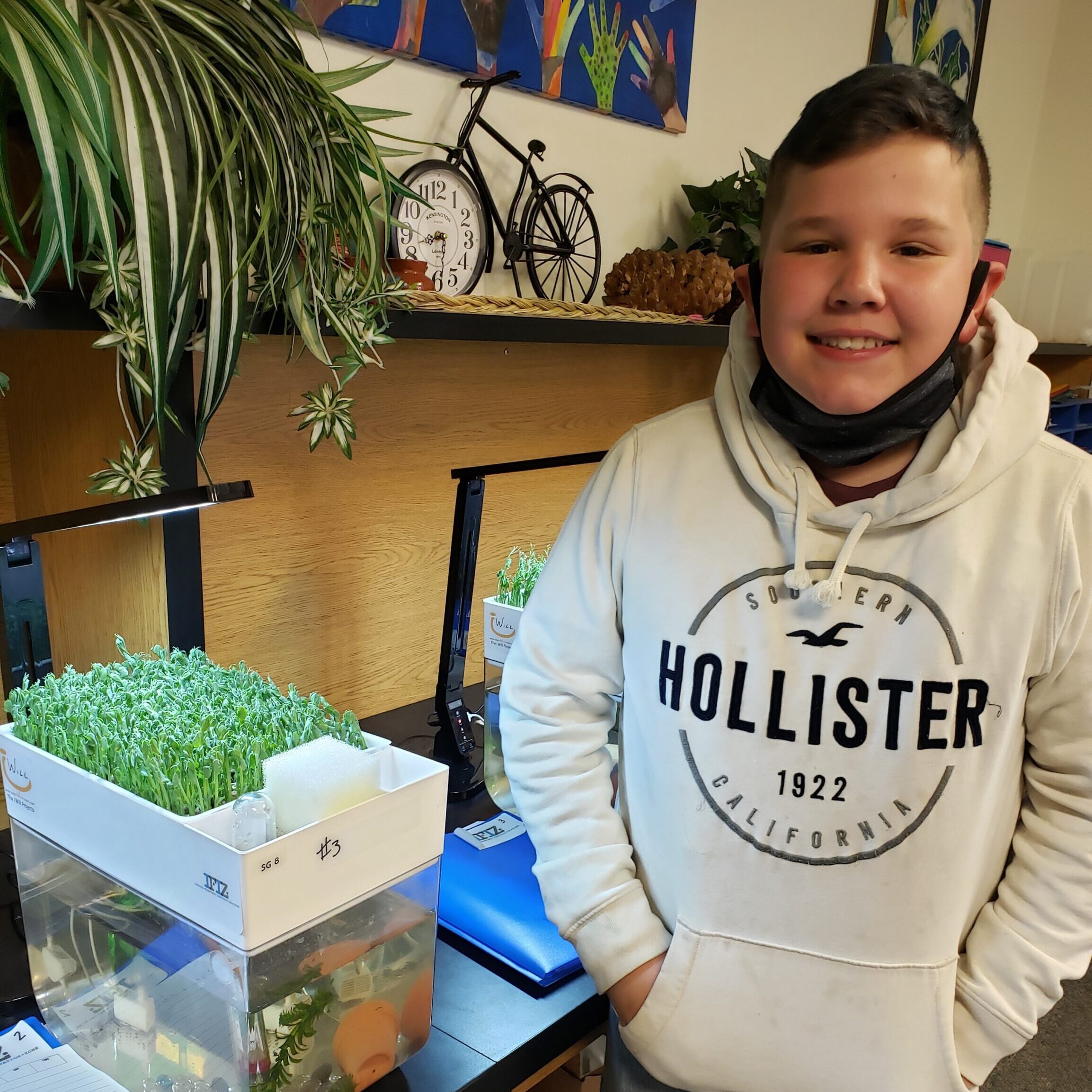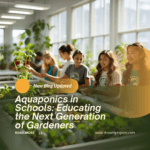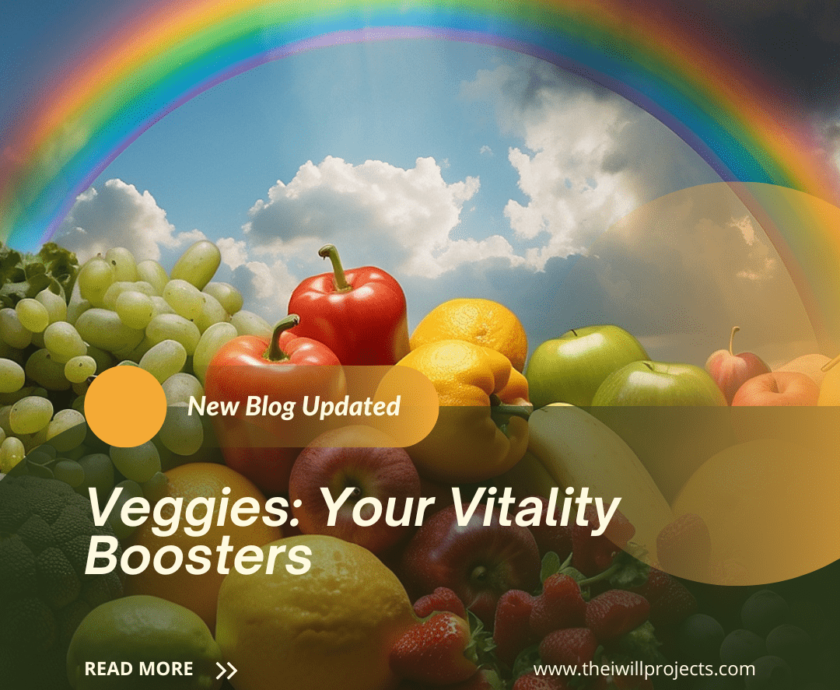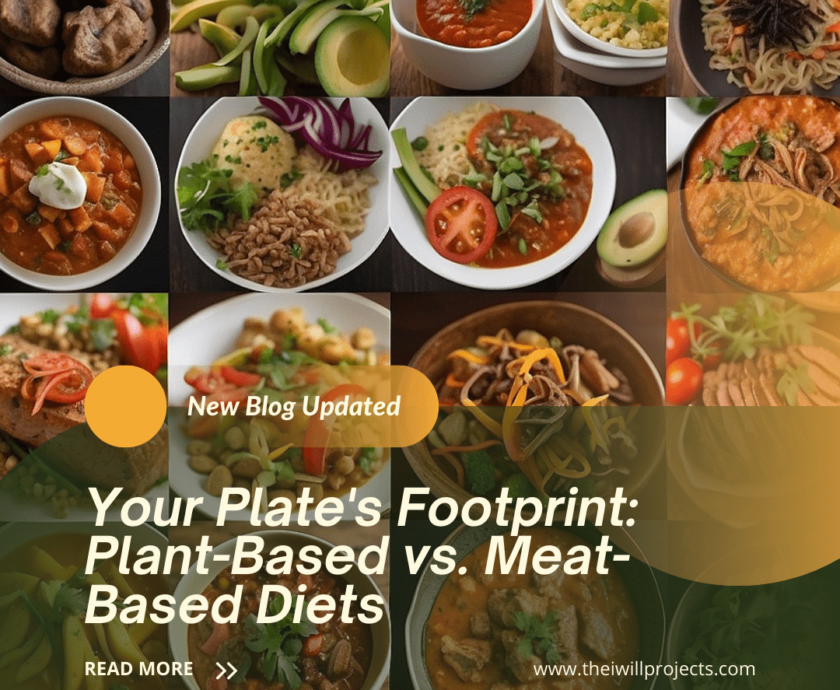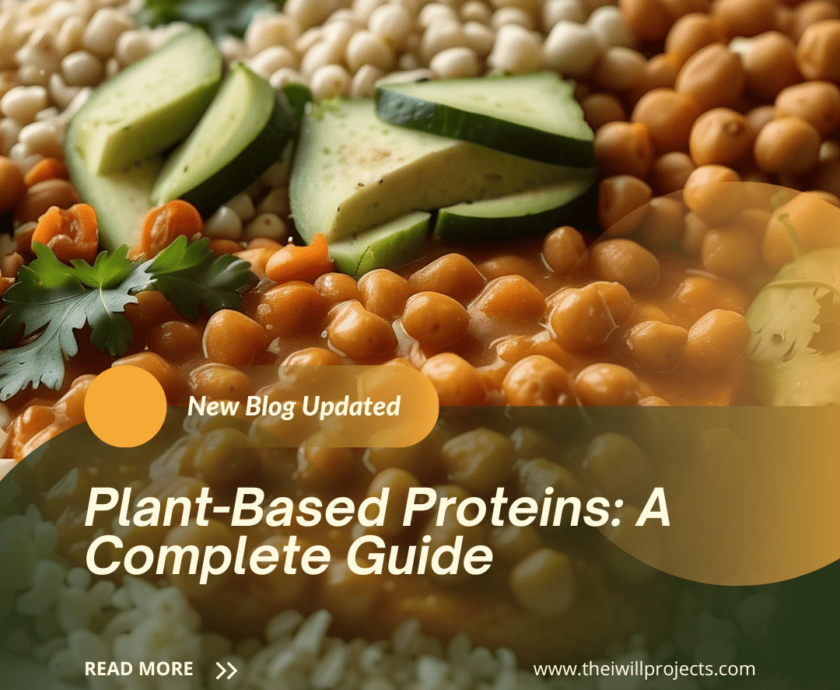“Many believe a plant-based diet can’t support elite athletic performance, yet numerous athletes thrive on it, showcasing the power of plants.” – Alex Johnson, Professional Athlete and Vegan Activist.
TweetTable of contents
Introduction
In a world where dietary fads flicker and fade with the turning of seasons, plant-based eating has established deep, enduring roots in the landscape of health and nutrition, captivating minds worldwide. Its ascent to prominence is fortified by a growing corpus of research lauding its myriad health advantages and its role in environmental stewardship. Yet, as is common with shifts toward new dietary paradigms, a thicket of misconceptions—plant-based myths, if you will—threatens to obscure the truth. These myths about plant-based diets and vegan options proliferate, muddying perceptions and potentially hindering individuals from exploring the rich diversity of plant-based options. It’s crucial, therefore, to slip on our metaphorical gardening gloves, uproot these widespread myths, and illuminate the rich, nourishing truth that lies within a plant-based lifestyle.

Myth #1: Plant-Based Diets Lack Protein
One of the most widespread myths is the worry about not getting enough protein from plant-based sources. The idea that only meat can provide sufficient protein is similar to clinging to ancient misconceptions disproven by contemporary knowledge. Plant-based diets are far from protein-deficient. Foods such as lentils, chickpeas, tofu, and seitan are not only rich in protein but also offer a diverse array of essential amino acids. For instance, a cup of lentils packs about 18 grams of protein, roughly equivalent to the amount found in three eggs. Moreover, these plant-based protein sources bring along a plethora of nutrients like fiber, vitamins, and minerals, sans the saturated fat and cholesterol found in animal products. The key is variety, ensuring a wide range of these foods are consumed to meet protein needs comprehensively.
Myth #2: It’s All or Nothing
Another common misconception is the belief that adopting a plant-based diet requires an all-or-nothing approach. This is akin to believing that to appreciate music, one must only listen to classical symphonies. In reality, dietary choices exist on a spectrum. Incorporating more plant-based foods into one’s diet doesn’t necessitate completely forgoing animal products overnight. It’s about making gradual and sustainable changes. Some may choose to start with Meatless Mondays, while others might opt to replace dairy milk with almond or oat milk. The goal is to reduce animal product consumption and increase the intake of whole, plant-based foods at a pace that feels comfortable and achievable.
Myth #3: Plant-Based Diets Are Expensive
The notion that plant-based diets are inherently expensive is as misleading as the idea that one needs to be wealthy to travel the world. In reality, staple foods in a plant-based diet, such as beans, lentils, rice, and seasonal vegetables, are among the most budget-friendly items in the supermarket. The costliness associated with plant-based eating often stems from purchasing specialty items like vegan cheeses and meat substitutes, which are optional. Planning meals around whole, unprocessed plants and buying in bulk can significantly reduce grocery bills. Furthermore, investing in a plant-based diet can be viewed as an investment in long-term health, potentially saving on future medical costs associated with chronic diseases.
Myth #4: Plant-Based Means Healthy
Navigating the world of plant-based eating can sometimes lead us down a path lined with misconceptions, particularly the widespread belief that anything labeled “plant-based” is inherently healthy. This notion could be as misleading as mistaking fool’s gold for the real thing. Much like the allure of counterfeit treasures, some plant-based options are actually cloaked in excessive sugars, salts, and unhealthy fats due to heavy processing. At the heart of dispelling these plant-based myths is understanding that true health benefits come from a diet centered around whole foods—fruits, vegetables, whole grains, nuts, and seeds. Indulging in the occasional plant-based snack is no sin, but the crux of a genuinely healthful plant-based diet emphasizes foods in their purest forms.
Myth #5: Plant-Based Diets Don’t Provide Enough Energy
A common misconception is that transitioning to a plant-based diet will leave you feeling perpetually tired or low on energy. This myth stems from the assumption that only animal-based foods can deliver the high-powered fuel our bodies need to function at their best. However, this couldn’t be further from the truth. Plant-based diets, rich in whole grains, legumes, fruits, and vegetables, are packed with complex carbohydrates—the body’s preferred energy source. These foods provide a steady supply of glucose, essential for maintaining energy levels throughout the day. Additionally, plant-based diets are high in vitamins, minerals, and antioxidants that support optimal health and energy metabolism. It’s not just about the calories but the quality and variety of nutrients that contribute to sustained energy and overall vitality.
Myth #6: Preparing Plant-Based Meals is Time-Consuming
The final myth to dismantle is the idea that plant-based cooking is inherently time-consuming, a belief as baseless as thinking one needs to be a chef to cook delicious meals. On the contrary, many plant-based meals are quick, easy, and require minimal ingredients. Simple dishes like stir-fries, salads, and one-pot lentil soups can be prepared in under 30 minutes. The key to convenience is preparation—having a pantry stocked with staples such as beans, grains, and spices, and a fridge full of fresh produce. With a little creativity and some basic cooking skills, whipping up a plant-based meal can be as easy and fast as any other diet.

Conclusion
The realm of plant-based diets is often clouded by a myriad of Plant-Based Myths and misconceptions, painting a picture that might seem daunting to the average American diet enthusiast. Yet, at its core, this lifestyle is steeped in the principles of simplicity, health benefit, and environmental stewardship. As we peel away the layers of misunderstanding surrounding vegan diets, dairy products, and the supposed necessity of animal proteins, a clear image emerges. Plant-based eating is not only highly accessible and packed with the necessary nutrient intake but also incredibly flexible, catering to a wide range of lifestyles and budget constraints.
This approach to nutrition transcends the outdated notion that animal sources are the sole path to dietary completeness. Instead, it invites us to explore the vast, colorful spectrum of plant-based foods, encouraging us to innovate with new ingredients and flavors. Embracing this shift doesn’t demand perfection or impose strict restrictions; it’s about making conscious, ethical choices that resonate with our health aspirations and moral compass. Together, let’s embark on a journey to discover the true essence of plant-based living, celebrating its diversity and the myriad health benefits it brings, paving the way to a more sustainable, health-conscious future.
FAQs
Will I get enough protein on a plant-based diet?
Yes, a well-planned plant-based diet can provide all the protein your body needs from a variety of plant sources such as legumes, grains, nuts, and seeds.
Do I have to become vegan to enjoy the benefits of plant-based eating?
No, plant-based eating is about incorporating more plant foods into your diet at any level that is comfortable for you, not about adhering to strict dietary labels.
Are plant-based diets more expensive than diets that include meat?
Not necessarily. While some specialty vegan products can be pricey, basic plant-based foods like grains, beans, and vegetables are often less expensive than meat and dairy.
Can I still eat unhealthy foods on a plant-based diet?
Yes, but just because a food is plant-based doesn’t automatically make it healthy. It’s important to focus on whole, minimally processed foods for the majority of your diet.
Is it hard to cook plant-based meals?
Not at all. Many plant-based meals are simple to prepare, and there are countless quick and easy recipes available that cater to all cooking levels.
The I Will Projects, a 501c3 Non-Profit, promotes diverse solutions for global challenges. Our IFIZ education programs, emphasizing aquaponics, and insect farming, empower communities through knowledge, collaboration, and sustainable innovation.
Disclaimer: This blog post provides general health and nutritional information. The author is not a medical professional, and the content should not be used as a substitute for professional medical advice, diagnosis, or treatment. Any application of the material provided is at the reader’s discretion and is their sole responsibility. If you have a medical concern or emergency, please consult with a healthcare provider.
References:
findado.osteopathic.org/5-myths-of-whole-food-plant-based-diets-debunked
scone.ai/en-US/news/5-myths-about-a-plant-based-diet-debunked
foodrevolution.org/blog/top-vegan-myths-debunked
utphysicians.com/doctor-debunks-plant-based-diet-myths





